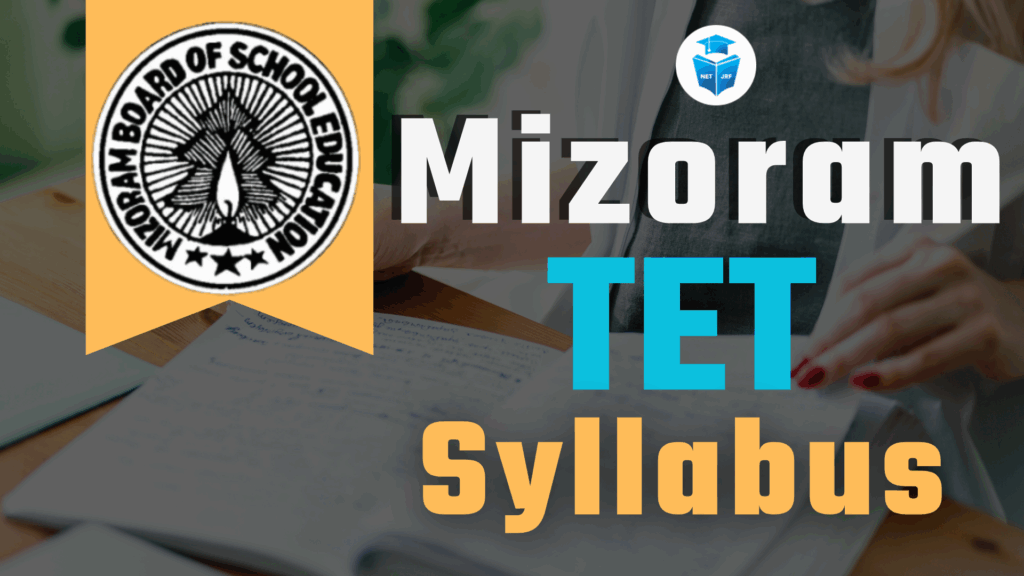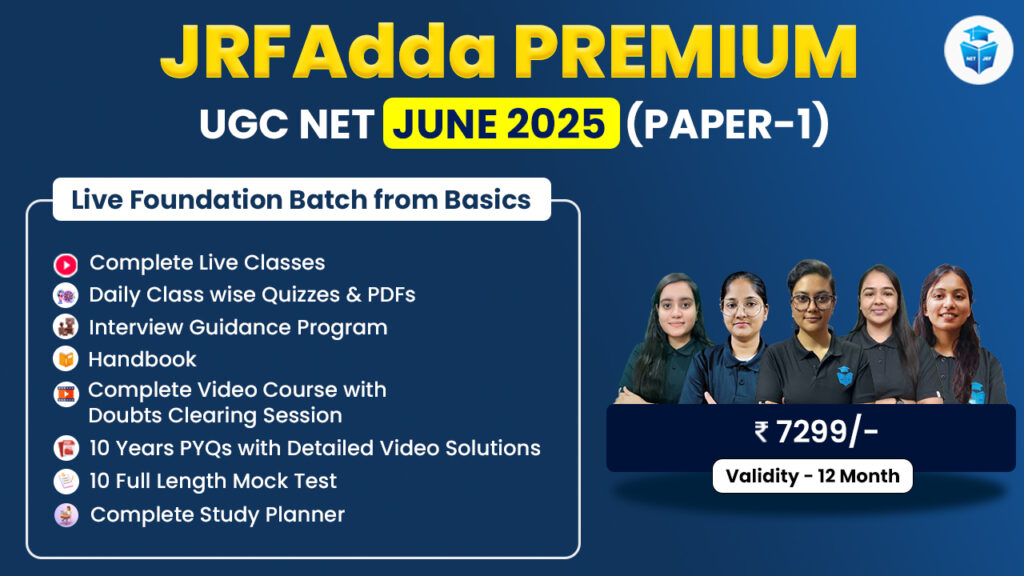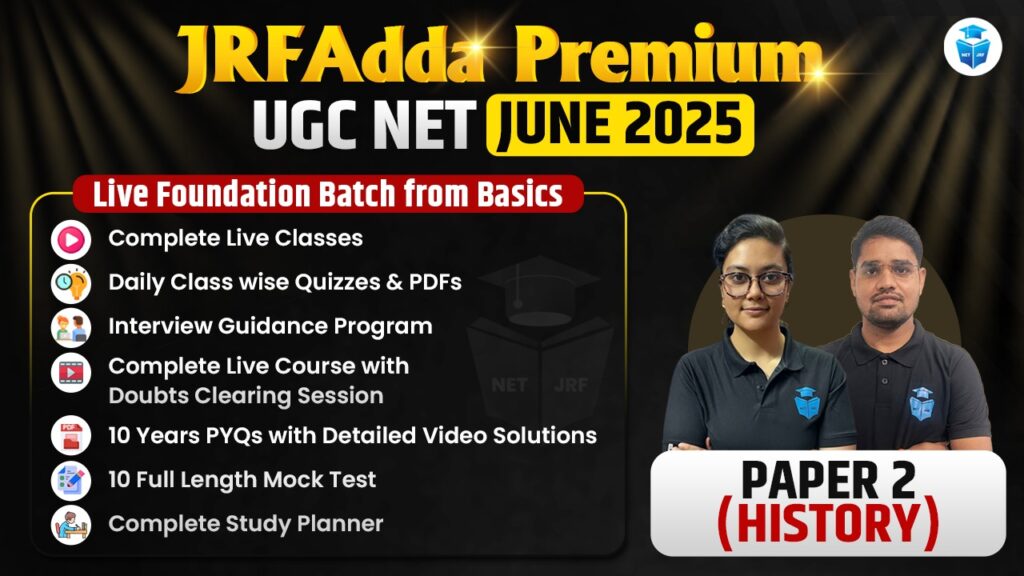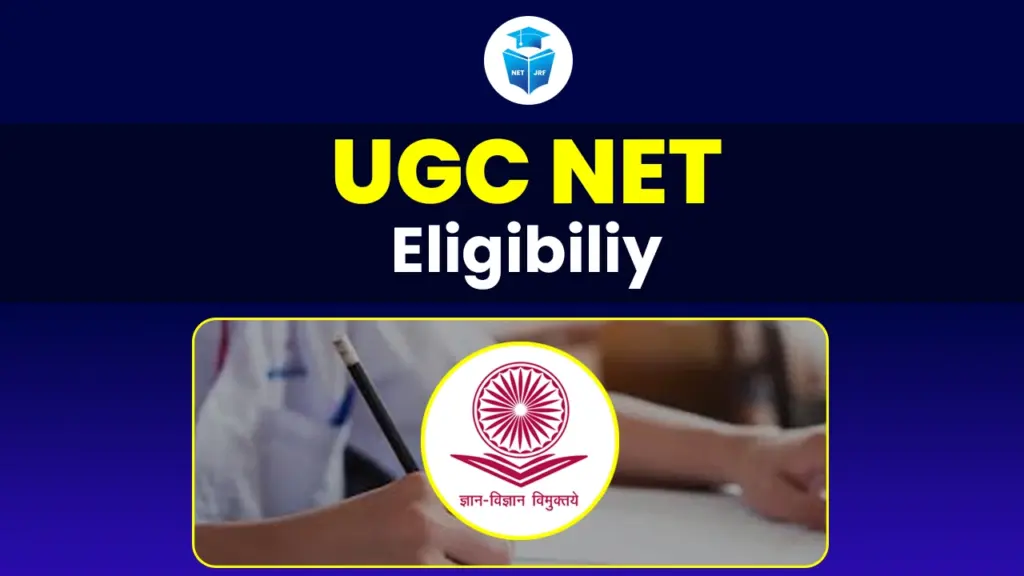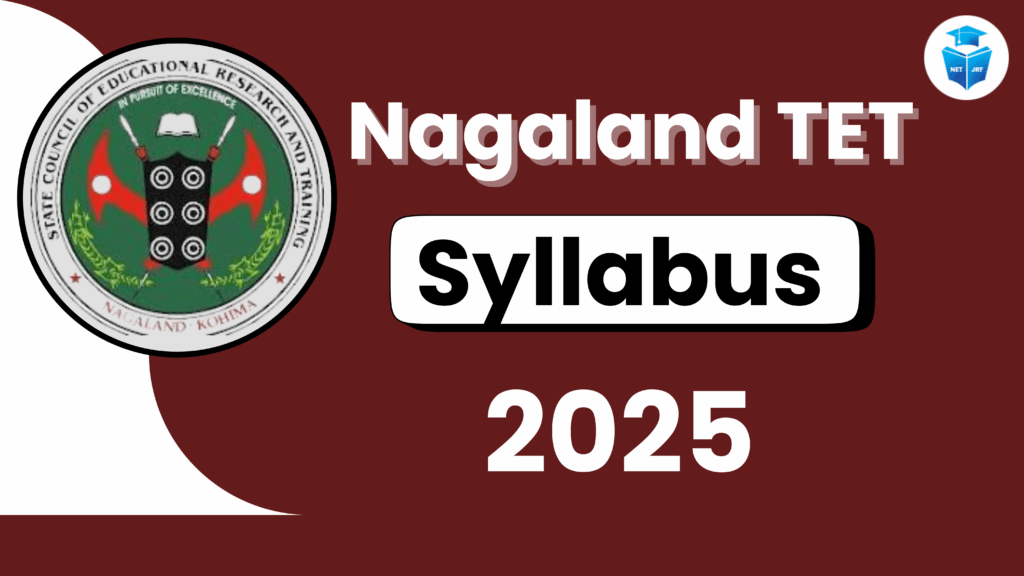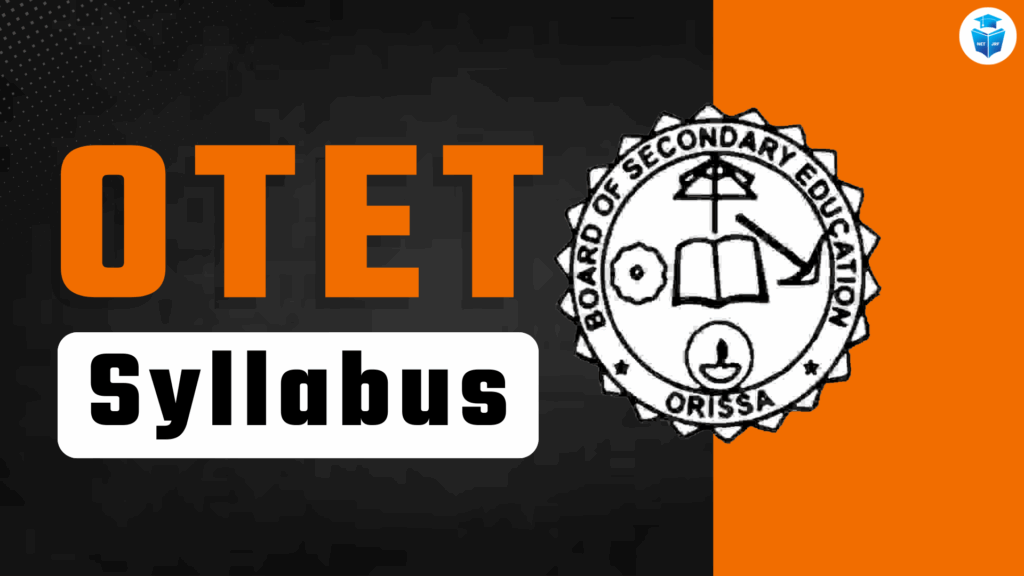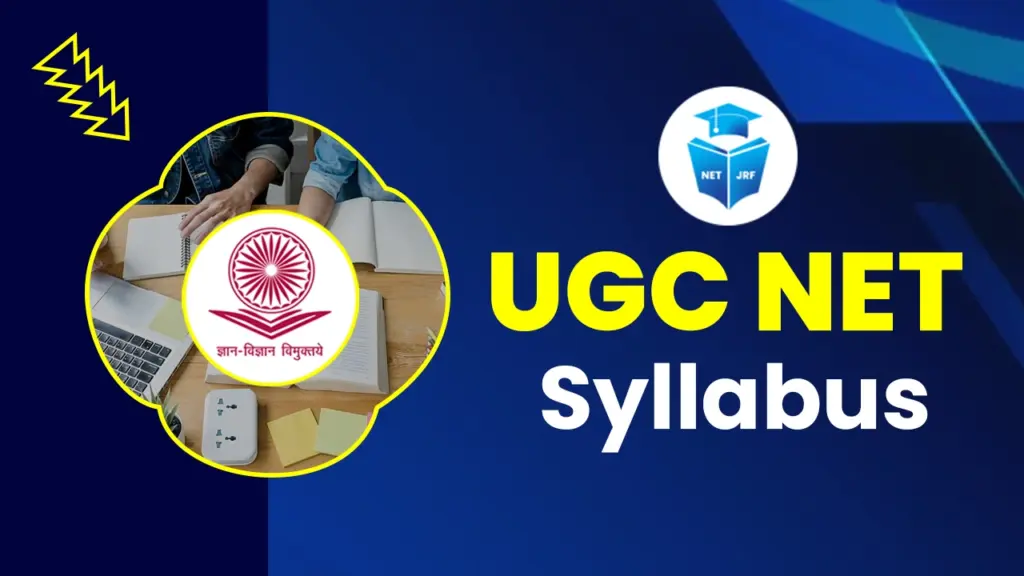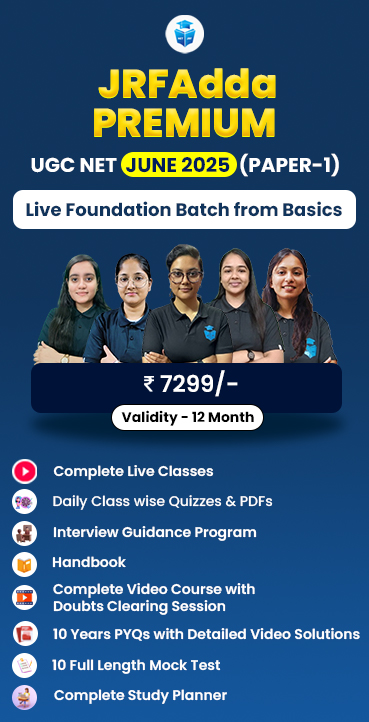Mizoram TET Syllabus 2025 Exam Highlights
The Mizoram Teacher Eligibility Test (Mizoram TET) 2025 is a state-level examination conducted by the Mizoram Board of School Education (MBSE). It serves as an eligibility test for candidates aspiring to become teachers for Classes I–V (Paper I) and Classes VI–VIII (Paper II) in schools across Mizoram. The exam is held in offline mode (pen and paper-based) and is conducted in both English and Mizo languages to cater to the local population. Each paper has a duration of 2 hours and 30 minutes.| Feature | Details |
| Conducting Body | Mizoram Board of School Education (MBSE) |
| Exam Name | Mizoram Teacher Eligibility Test (Mizoram TET) 2025 |
| Mode of Exam | Offline (OMR-based) |
| Type of Questions | Objective-type (Multiple Choice Questions – MCQs) |
| Languages of Exam | English & Mizo |
| Papers Offered | Paper 1 (Classes I to V), Paper 2 (Classes VI to VIII) |
| Total Marks per Paper | 150 |
| Duration per Paper | 2 hours 30 minutes |
| Official Website | https://www.mbse.edu.in |
Mizoram TET Syllabus 2025 PDF Link
The Mizoram Teacher Eligibility Test (Mizoram TET) 2025 is a crucial examination for aspiring teachers who wish to teach at the Primary (Classes I–V) and Upper Primary (Classes VI–VIII) levels in Mizoram. Here is the link of official Mizoram TET syllabus 2025 PDFs for both Paper 1 and Paper 2. In this article, we’ll guide you on how to download the Mizoram TET syllabus 2025 PDF easily, along with important exam highlights.| Mizoram TET Syllabus 2025 PDF Link | |
|---|---|
| Mizoram TET Syllabus 2025 PDF Link for paper 1 and paper 2 | Click here |
Mizoram TET Syllabus 2025 Paper 1 Primary Stage
The Mizoram Teacher Eligibility Test (Mizoram TET) 2025 aims to assess the eligibility of candidates for teaching positions in primary schools (Classes I-V) across Mizoram. Paper 1 of the exam is dedicated to testing knowledge and skills related to teaching children at the primary level. The syllabus covers various subjects and is divided into two parts, with a focus on child development, language proficiency, mathematics, and environmental studies. Here’s a detailed breakdown of the Paper 1 syllabus.Child Development and Pedagogy
Part I Perspective in Development- Factors affecting child development
- Naturalistic Observations: Interviews, Anecdotal records, Narratives
- Growth and maturation
- Gross and fine motor development skills in infancy and preschool children
- Personality development (Freud)
- Psycho-social development (Erikson)
- Attachment theories (Bowlby, Ainsworth)
- Emotional regulation and development
- Impact of poverty, globalization, and adult culture on children
- Commonalities and diversities in childhood experiences
- Parenting styles
- School culture, peer influence
- Competition, conflict, and cooperation
- Inclusive Education and Children with Special Needs
-
-
- Understanding inclusive education and addressing diversity in classrooms
- Identification, assessment, and intervention strategies for children with disabilities
-
- Gender, School, and Society
-
- Social construction of masculinity and femininity
- Promoting gender equality in the classroom
Language I – Mizo (Part I – 10 Questions, Part II – 20 Questions)
Part I:- Language Proficiency
- Reading comprehension (unseen passage and poem)
- Grammar-related questions
- Pedagogy of Mizo Language Learning
- Characteristics of Mizo language and its importance in primary education
- Teaching methods and strategies for Mizo language
- Lesson planning and classroom activities (role-play, dramatization, debate, etc.)
- Assessment techniques in Mizo language teaching
Language II – English/Alternative English (Part I – 15 Questions, Part II – 15 Questions)
Part I: Language Comprehension- Reading comprehension (unseen passage and poem)
- Questions on grammar, vocabulary, and verbal ability
- Pedagogy of Language Learning
-
- Aims and objectives of teaching English as a second language
- Techniques for teaching prose, poetry, vocabulary, and grammar
- Use of teaching aids and methods for language development
- Classroom activities (role play, recitation, debate, etc.)
- Learner assessment and evaluation
Mathematics (Part I – 15 Questions, Part II – 15 Questions)
Part I:- Content Areas
-
- Geometry, shapes, and spatial understanding
- Numbers, algebra, measurement, and data handling
- Pedagogical Issues
-
- Understanding mathematical thinking and reasoning in children
- Teaching methods for primary-level mathematics
- Assessment techniques, diagnostic and remedial teaching
- Planning for teaching mathematics (unit plans, lesson plans)
Environmental Studies (Part I – 15 Questions, Part II – 15 Questions)
Part I: Content Areas- Topics include family and friends, food, shelter, water, and travel
- Exploration of everyday objects and activities
- Pedagogical Issues in Environmental Studies
-
- Concept and scope of Environmental Studies (EVS)
- Classroom strategies for teaching EVS, including observation, group work, and field visits
- Skills development in EVS, such as observation, classification, and analysis
- Assessment techniques and tools for EVS education
Mizoram TET Syllabus 2025 Paper 2 Upper Primary Stage
Mizoram TET Syllabus 2025 Paper II is designed to assess the subject knowledge and pedagogical skills of candidates intending to teach upper primary students (Classes VI-VIII). Below is a breakdown of the key topics and structure for Paper II:Child Development and Pedagogy (30 Questions)
- Perspective in Development:
- Factors affecting child development (biological, social, cultural, and economic).
- Naturalistic observations and methods like interviews and anecdotal records.
- Physical and Motor Development:
- Gross and fine motor skills in infancy and preschool children.
- Understanding growth and maturation.
- Social and Emotional Development:
- Personality development (Freud’s theory).
- Erikson’s psychosocial development stages.
- Attachment theories (Bowlby, Ainsworth).
- The role of emotions and their regulation.
- Context of Socialization:
- Socialization agents like family, peers, and school.
- Parenting styles and their impact on development.
- How poverty, globalization, and adult culture affect childhood.
Language I – Mizo (30 Questions)
This section assesses the candidate’s proficiency in the Mizo language, as well as their ability to teach it effectively.- Language Proficiency:
- Reading comprehension (unseen passages).
- Grammar, vocabulary, and other aspects of language learning.
- Pedagogy of Mizo Language Learning:
- Understanding of first language teaching principles.
- Mizo language lesson planning, teaching grammar, and improving reading and writing skills.
- Use of teaching aids and assessment methods in Mizo language education.
Language II – English/Alternative English (30 Questions)
Candidates choose either English or Alternative English as the second language for this section.- Language Comprehension:
- Unseen passages (one prose and one poem).
- Focus on comprehension, inference, and grammar.
- Pedagogy of Language Learning:
- Mother Tongue and Language Development:
- The role of mother tongue in a child’s development.
- Aims and objectives of teaching both first and second languages.
- Language development strategies.
- Teaching Strategies:
- Methods for teaching prose, poetry, grammar, and vocabulary.
- Classroom activities like role play, drama, and storytelling to foster language skills.
- Assessment:
- Understanding the purpose of assessment.
- Evaluating student responses using portfolios and subjective assessment techniques.
- Mother Tongue and Language Development:
Mathematics and Science/Social Studies (For Subject Specialists)
Candidates who choose Mathematics and Science or Social Studies will focus on subject-specific pedagogy.- Mathematics and Science:
- Focus on teaching techniques, lesson planning, and assessment in both Mathematics and Science subjects.
- Social Studies:
- Cover topics in history, geography, and political science, with a focus on pedagogical methods and assessment strategies.
Mizoram TET Exam Pattern 2025
The Mizoram Teacher Eligibility Test (Mizoram TET) 2025 is designed to assess candidates’ teaching aptitude and subject knowledge for primary (Classes I–V) and upper primary (Classes VI–VIII) levels. The exam structure for both Paper I and Paper II is quite similar, with slight variations in content focus according to the teaching stage.Mizoram TET Exam Pattern 2025 Paper 1
| Subject | No. of Questions | Marks |
| Child Development & Pedagogy | 30 | 30 |
| Language I (Regional Language) | 30 | 30 |
| Language II (English) | 30 | 30 |
| Mathematics | 30 | 30 |
| Environmental Studies | 30 | 30 |
| Total | 150 | 150 |
Mizoram TET Exam Pattern 2025 Paper 1
| Subject | No. of Questions | Marks |
| Child Development & Pedagogy (compulsory) | 30 | 30 |
| Language I (Regional Language) | 30 | 30 |
| Language II (English) | 30 | 30 |
| Mathematics & Science OR Social Studies | 60 | 60 |
| Total | 150 | 150 |
Conclusion
The Mizoram TET syllabus 2025 is carefully designed to assess the teaching aptitude, subject knowledge, and pedagogical understanding of candidates. Whether you’re aiming for Primary or Upper Primary teaching positions, a strong preparation based on the official syllabus and exam pattern is crucial. Focus particularly on key areas like Child Development and Pedagogy, subject-specific content, and language proficiency to maximize your score.Mizoram TET Syllabus 2025 FAQs
The Mizoram TET Syllabus 2025 for Child Development and Pedagogy includes child development perspectives, physical-motor development, social and emotional development, childhood in the modern world, and the context of socialization.
As per the Mizoram TET Syllabus 2025, the exam is conducted in both English and Mizo languages.
According to the Mizoram TET Syllabus 2025, the Child Development and Pedagogy section includes a total of 30 questions, divided into Part I (18 questions) and Part II (12 questions).
No, there is no negative marking mentioned in the Mizoram TET Syllabus 2025 for wrong answers.
You can download the official Mizoram TET Syllabus 2025 PDF from the Mizoram Board of School Education (MBSE) official website: https://www.mbse.edu.in.

